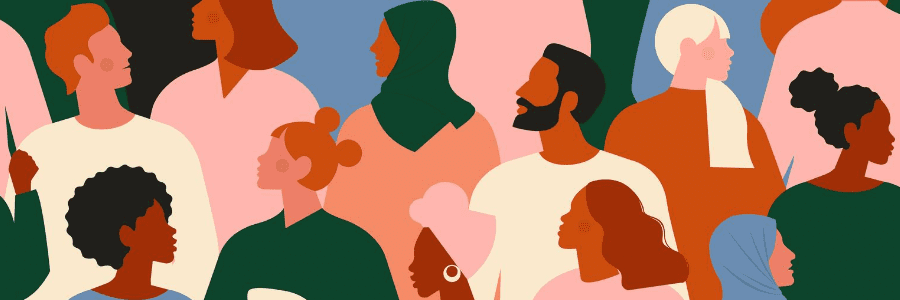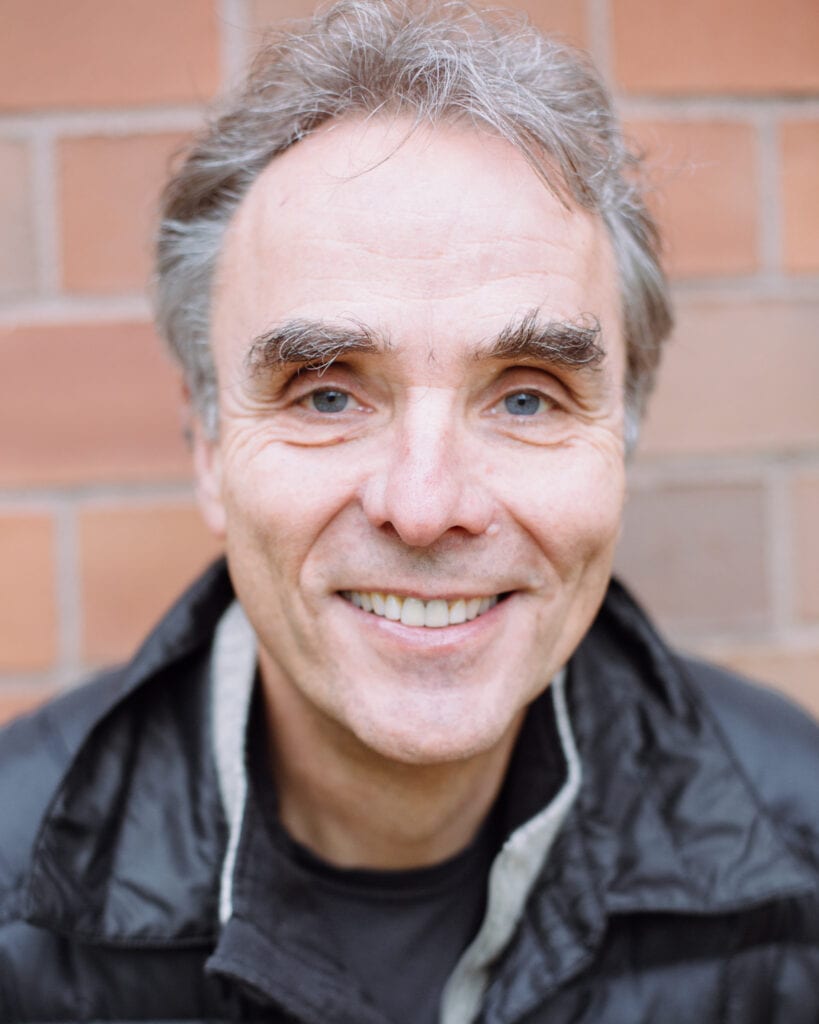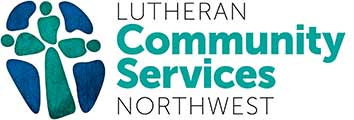Four Principles of Culturally-Specific Behavioral Health Services

Our Multicultural Community Services (MCS) based in Portland improves the lives of refugees with extensive mental health services. Clients come from a variety of cultures and countries.

Dr. Pierre Morin is the Clinical Director at MCS.
“We work with people who come from very different backgrounds, cultures and histories,” said Dr. Pierre Morin, Clinical Director at MCS. “We work with refugees from all continents.”
From newly-arrived to those who have lived here for more than 10 years, many refugees need help processing trauma and history. Refugees are often underserved when it comes to mental health, as there are limited services with culturally-specific programs and staff to meet their needs.
“We have respect for diversity in our community,” Pierre said. “We are supporting equity, not just pushing the idea of equity. When you serve the cultural and language needs of diverse communities, it leads to better outcomes.”
The four principles of the MCS Behavioral Health staff are:
1) By the people, for the people. This reflects the understanding that individuals and communities know what is best for them. “We bring the professional expertise so the individual can process trauma,” Pierre said. “What is different is we adjust the way we provide services to accommodate specific cultural needs.”
A care team’s primary provider is often someone from the client’s culture who understands the dos and don’ts of a culture, and helps other providers meet clients where they are at. MCS also helps professionals work with specific cultures. As an example, if there is an Arab-speaking client, the team will work to understand how the client might process information differently.
2) Transdisciplinary. Behavioral health teams are made up of staff with different roles and expertise. Those teams strive for a collaborative approach where no one member dominates. Who takes the lead in different aspects of an individual’s care is based on clinical needs and cultural understanding. This helps meet all the needs of a client who is adjusting to a different culture.
3) Inclusion of Peer Support. A Peer Support Specialist who is bilingual and bicultural is an essential member of a care team. The specialist is often from the same culture as the client, and has a lived experience of fleeing trauma, resettling to a new country, and adjusting to our culture. “Peer support specialists are allies to individuals, communities and clinicians,” Pierre said.
4) Deep Equity. Equality is where everyone is treated the same. Equity is where people reach the same outcomes. Deep Equity is the realization that some people need more resources to improve outcomes. A one-process fits all does not work, and some refugees need more resources or “affirmative-type actions” to improve outcomes
Learn more about our Multicultural Community Services.

0 Comments